WHAM!
What's Happening At Milgate!

WHAM!
What's Happening At Milgate!
Milgate Primary School would like to acknowledge the traditional owners of the land of the Wurundjeri People and we would like to pay our respects to the elders both past and present. Staff, students and the school community understand that we thrive, learn and live on Wurundjeri Country and we stand with all cultures united as one.
It was wonderful to see so many parents at the Parent Information Sharing Sessions this week. The sessions provide an opportunity for parents to meet with their child’s teacher and tell them relevant information about their child that will assist them in the planning of the teaching and learning programs. The teachers found it very valuable to learn more about the students and to meet the parents. This leads to positive relationships and partnerships between home and school, as we all work together for the education of our students.
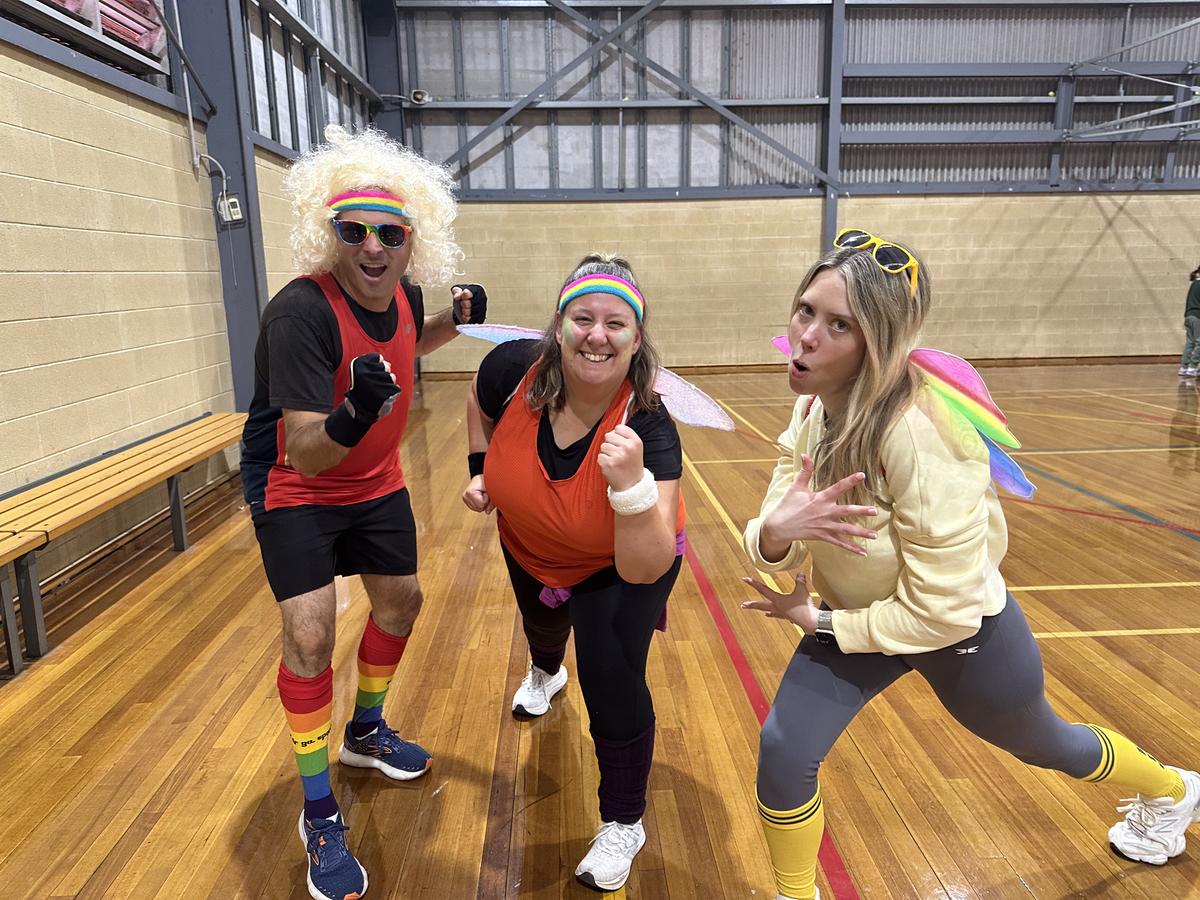

Milgate Primary School are running an exciting Fun Run online Fundraiser to assist us in raising funds towards upgrading our ‘Green Equipment’ and purchasing some Cubby Houses. Our students are seeking online sponsorship for their participation and efforts on Friday 21st March for our school Fun Run. All funds raised will go towards these exciting projects!
How do I sign my child up to fundraise online? Each child can sign up for their very own fundraising web page to send out to collect online sponsorship from anyone, anywhere!
Just go to our Fundraising Hub page at:
https://milgatefunrun.goraiseit.com.au/signupforfundraise r
Prizes:
We have a great range of fundraising prizes available including spot prizes and overall fundraising prizes for classes and individuals.
Sign up by 10 am Friday 28th February to go in the draw to win an iDance Beat Dude Wireless Speaker!
Sign up by 10 am Friday 7th February and get at least one donation to go in the draw to win a pair of ProBeats X3 True Wireless Earbuds!
Individual prizes: The students who raise the most money will receive:
1st prize - $150 Kmart voucher
2nd prize - $100 Kmart voucher
3rd prize - $50 Kmart voucher
4th -10th prize - $20 Kmart voucher
Class prizes: The class that raises the most money will receive:
1st prize – Movie, pizza lunch and an extra 15 minutes of playtime
2nd prize – Pizza lunch and an extra 15 minutes of playtime
3rd prize – Icy pole and an extra 15 minutes of playtime
Also, an Icy pole for the class that has all students registered on the website first.
Dunk the Principals:
The first 10 individual prize winners and the House Leaders of the winning House will get to ‘Dunk the Principals’ at a special whole school assembly. The winner is the House that has run the most laps at the fun run. The special assembly will be on Friday 28th March at 2:45pm on the Blue Basketball Courts.
Fun Run Date:
Friday 21st March on the bottom oval – Year levels will participate at different times throughout the day.
Year 5- 9:10-9:40
Foundation - 9:40-10:10
Year 1 - 10:10-10:40
Year 3 - 11:15-11:45
Year 4 - 11:45-12:15
Year 2 - 12:15-12:45
Year 6 - 2:00-2:30
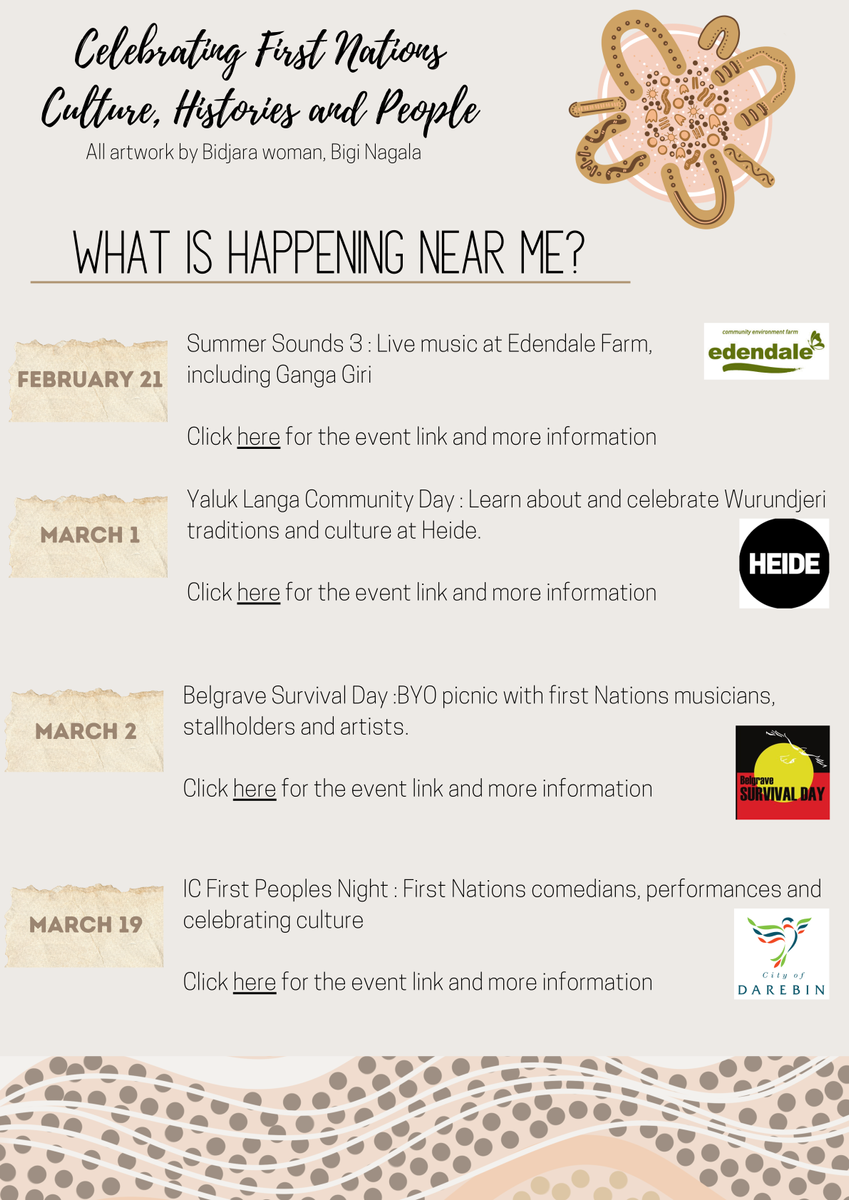

On Friday 7th of March we will be hosting a Welcome to Country and Smoking ceremony, conducted by Uncle Colin Hunter Junior. Both of these events are integral to the culture of Aboriginal and Torres Strait Islander people.
A Welcome to Country is delivered by Traditional Owners to welcome visitors to their country. A Smoking ceremony is conducted with the smoke signifying a means to cleanse the area and people of bad spirits and protect visitors.
For more information on Welcome to Country ceremonies, please see Reconciliation Australia.
For more information on Smoking ceremonies, please see Deadly Story.
This term, all Year 5 students will visit Goodstart Early Learning Centre to engage with the 4-year-old Kindergarten students. This experience provides a valuable opportunity for them to step into leadership roles and serve as positive role models.
Throughout their interactions, the students have demonstrated compassion, strong communication skills, and open-mindedness while connecting with their younger buddies. It has been wonderful to see them take responsibility and represent the Milgate community with pride.
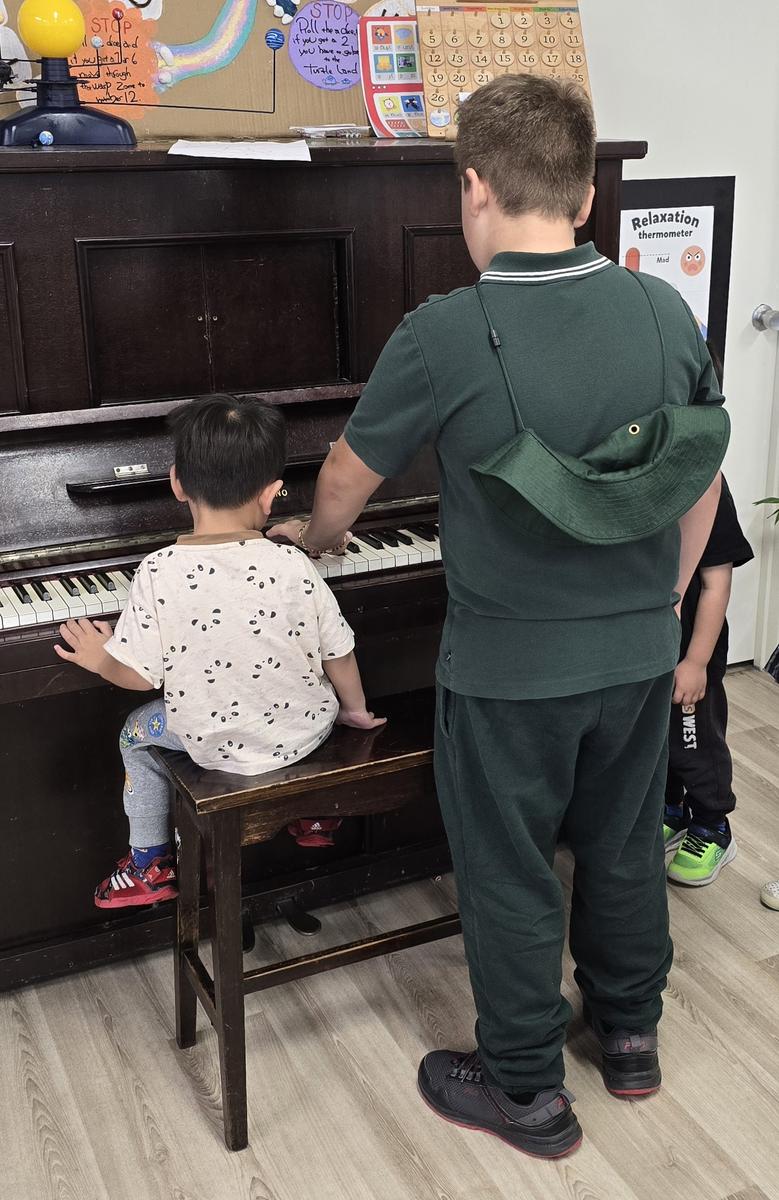
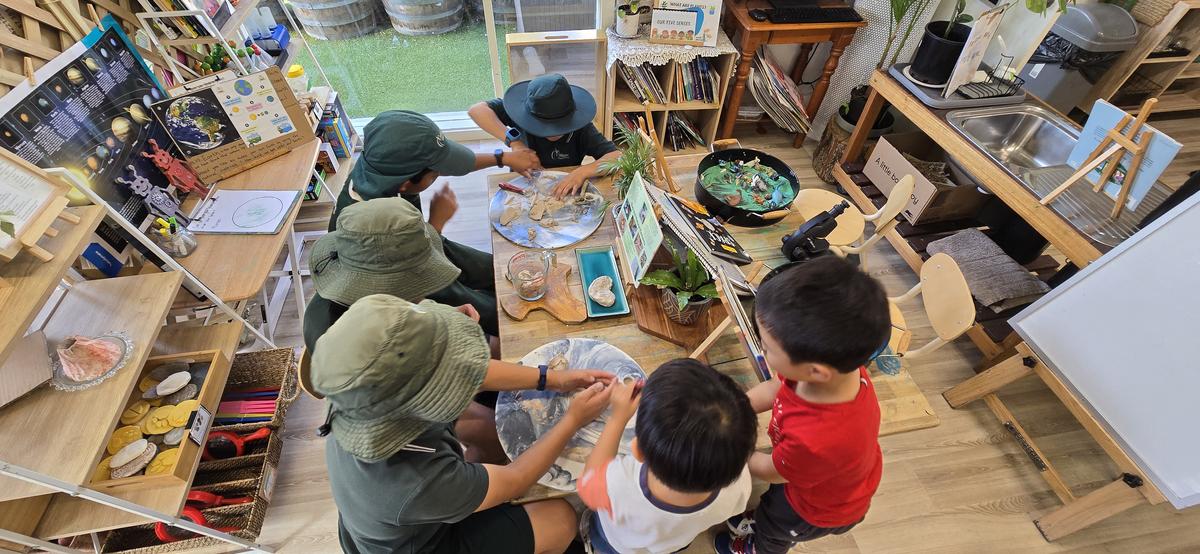
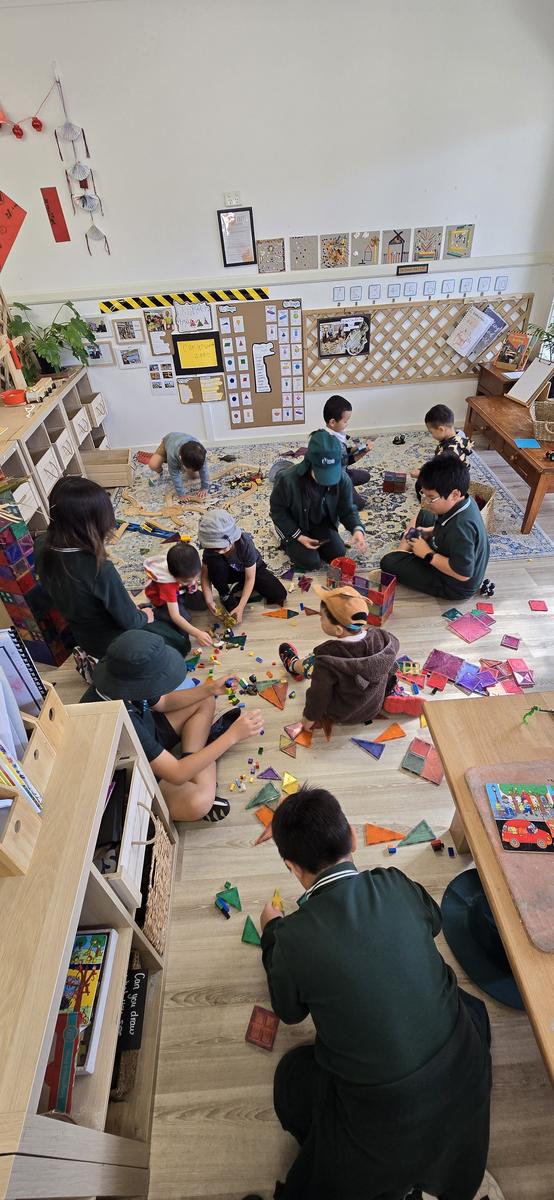
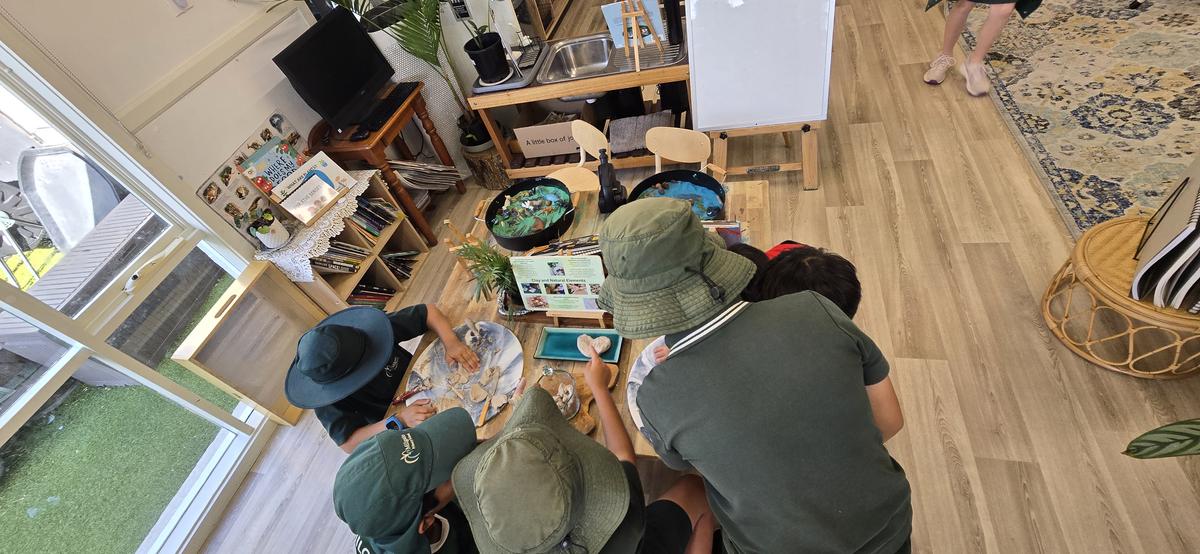
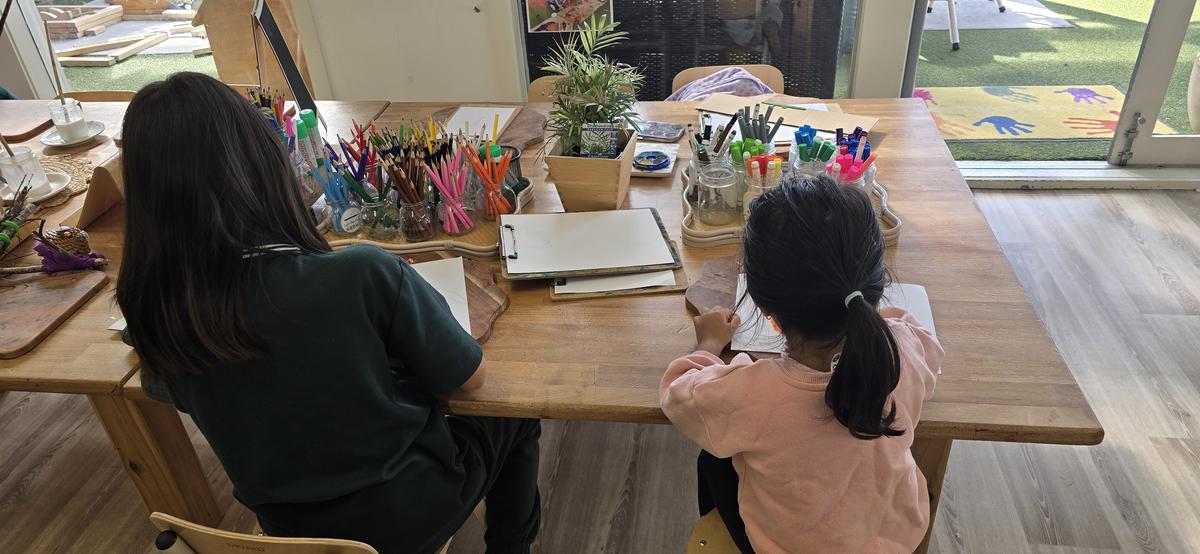
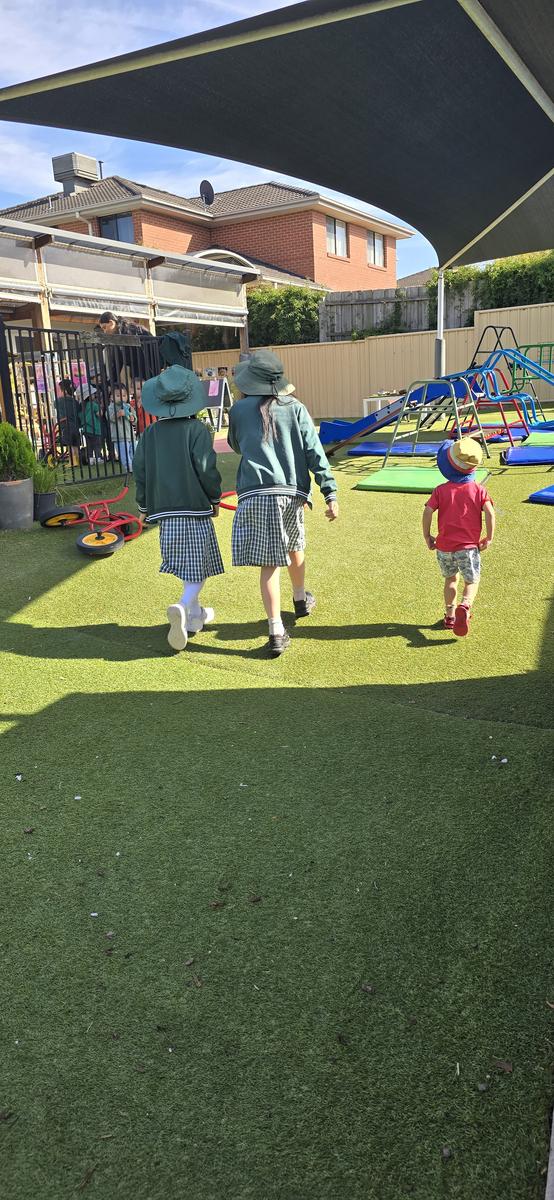
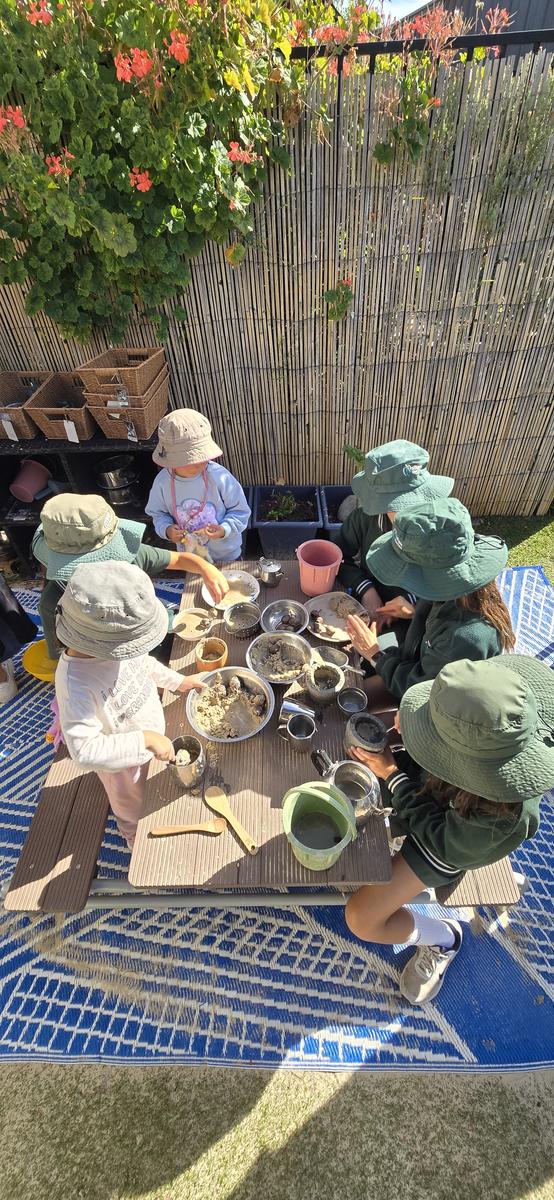







Next week we will have our first whole school practice of the lockdown and evacuation procedures. All staff, students and visitors who are on site during the drills will have an opportunity to follow the procedures to make sure we all stay safe in these situations. We do lockdown and evacuation drills several times throughout the year to ensure that we have all the necessary procedures in place. Please speak to your children about the drills and their importance in listening to school staff and knowing what to do in an emergency.
Next Wednesday 26th February is House Swimming for Years 3-6, where students will participate in our annual House Swimming Sports at Croydon Memorial Pool. The students have been asked to select 3 or 4 events in either the main pool or the Leisure Pool. The day is all about fun and participation and the students are encouraged to wear their House colours on the day.
Our school collects and uses student and parent personal information for standard school functions or where permitted by law, as stated in the Schools’ Privacy Policy and the Schools’ Privacy Collection Notice.
Our Photographing, Filming and Recording Students Policy, describes how we collect and use photographs, video and recordings of students. The policy also explains when parent consent is required and how it can be provided and withdrawn.
We ask parents to also review the guidance we provide on how we use Google Workspace for Education (click the link) safely at the school and what parents can do to further protect their child’s information. If after reviewing the guidance, you have any questions or concerns regarding your child using Google Workspace for Education, please contact the school.
For more information about privacy, refer to: Schools’ privacy policy: information for parents. This information is also available in ten community languages:
Multiplicative thinking is essential for students' mathematical development, serving as a foundation for understanding rational numbers and proportional reasoning, including fractions, decimals, ratios, percentages, and proportions. Transitioning from additive to multiplicative thinking is crucial for students to grasp more advanced mathematical concepts encountered in higher education.
Strategies to Develop Multiplicative Thinking
To effectively nurture multiplicative thinking, our mathematics program incorporates the following strategies
By integrating these strategies into our curriculum, we aim to build a robust foundation in multiplicative thinking, ensuring our students are well-prepared for more advanced mathematical concepts.
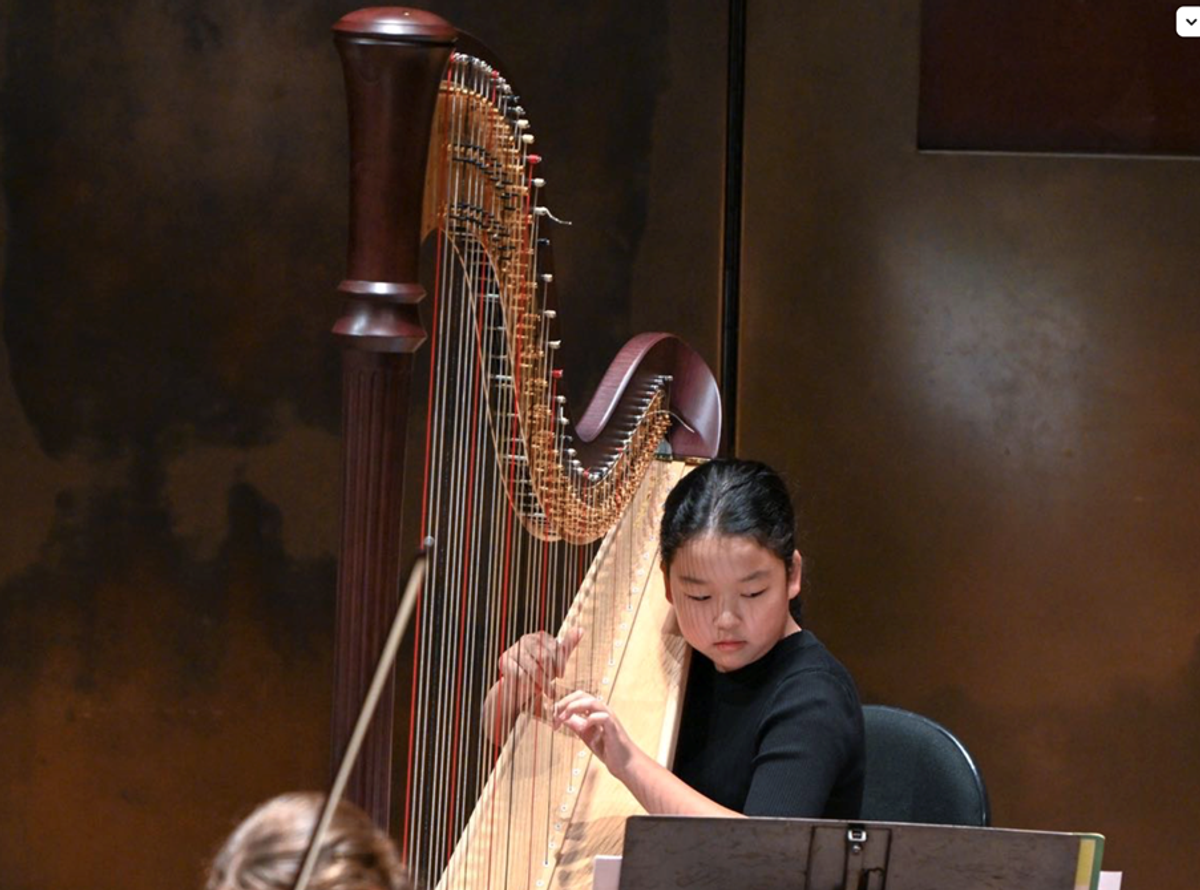

My name is Claire Zhou from 6ED. During the school holidays I participated in the Melbourne youth orchestra holiday program as the harpist in the Philharmonic orchestra. My conductor was David Le Guen. Being part of the Orchestra was an amazing experience where I met many musicians who share a strong passion for music. It was a great opportunity to improve my orchestral playing skills and apply it to my daily harp practice and performing art class at school.